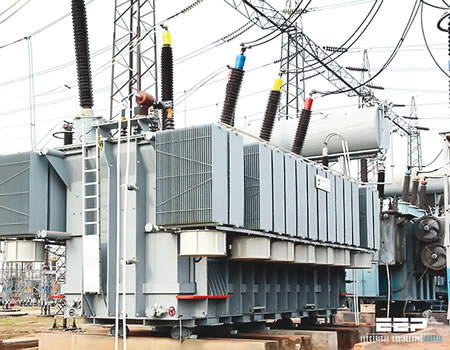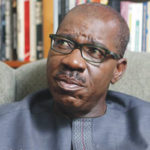
THE electricity distribution companies have raisedconcern over the Federal Government’s proposed N72 billion investment in the distribution assets, which is majorly to ensure the evacuation of stranded 2,000MWs power.
Managing Director, Transmission Company of Nigeria (TCN) Usman Mohammed, recently announced this, stating that the distribution project would be executed by TCN.
The umbrella body of the 11 DisCos, Association of Nigerian Electricity Distributors (ANED), however, said this was commendable but stressed that the basis of the investment, which is to evacuate the stranded 2,000MWs, was unrealistic.
Speaking on behalf of ANED, director, Advocacy and Research, Mr Sunday Oduntan, explained that the purported stranded power was constrained by insufficient gas caused by inadequate and incomplete gas pipeline structure and the absence of a strong commercial framework.
He said, “the premise or basis for the N72 billion investment, as proposed by the Ministry of Power, Works and Housing (MoPWH), has been the need to evacuate the ‘stranded’ 2,000 Megawatts of electricity that is constrained by distribution network limitations. As we stated in a previous press briefing, there is no such thing as painted by TCN and MoPWH.”
Oduntan warned that funding based on a stranded 2,000 MW capacity that was constrained largely by factors other than distribution limitations (gas, frequency, line, hydro) should not be invested in a sub-sector that had been privatised.
ANED further argued that it was not likely that TCN, a legacy of Power Holding Company of Nigeria (PHCN), with its historical contracting and project management limitations, would implement electricity distribution projects better than DisCo investors, who have N427 billion ($1.4 billion) of equity and debt invested in the sub-sector, with a motivation to recoup their investment.
He said, “the premise of the privatisation was the need to bring in private sector expertise, while removing from the government balance sheets, the potential for outcomes of cost overruns, inefficiency and white elephant projects.





